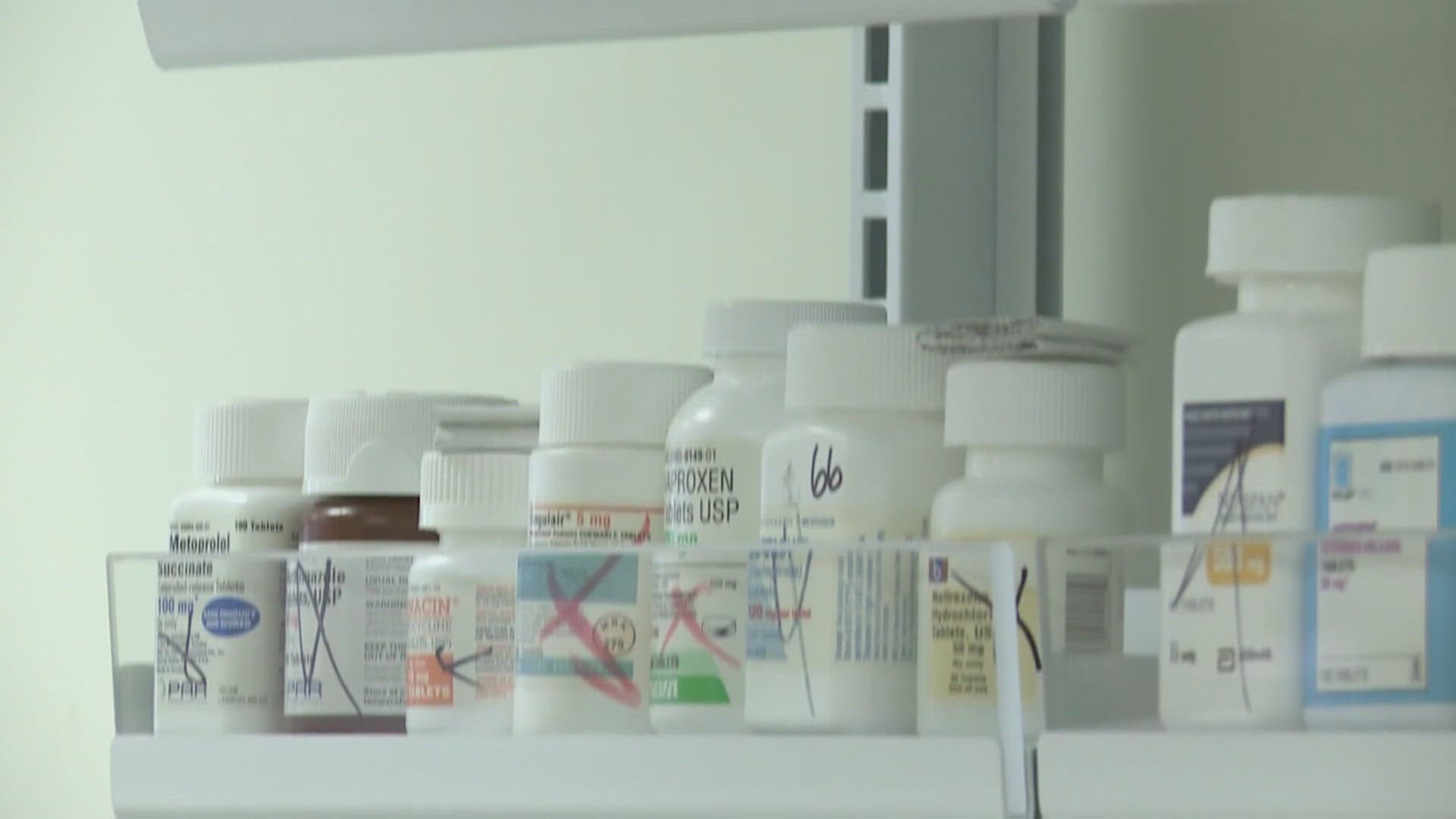DENVER, Colorado — More than 1,400 people in Colorado shared their concerns about healthcare affordability in a survey conducted by the Colorado Consumer Health Initiative (CCHI) and Altarum Health Care Value Hub.
Key findings include that more than 70% of respondents experienced at least one health care affordability burden in the past year. 83% worry about affording health care in the future with 68% of all respondents had delayed or went without health care due to cost in the last 12 months. Low-income respondents and those with disabilities had higher rates of going without care due to cost and incurring medical debt, depleting savings or sacrificing basic needs due to medical bills.
"Patients are generally still concerned about rising hospital prices, rising prescription drug prices and they're fearful for they're afraid of rising costs, and if they're going to be like able to afford their their healthcare in the future," said Priya Talang, spokesperson for the CCHI.
79% of people also said that drug companies are charging too much, along with hospitals and insurance companies.
"People are already skipping doses or not filling their prescriptions because they can't afford them. Same thing with receiving health care just in a general setting. They're avoiding seeing their primary care provider because they don't know how much it's going to cost," Talang said.
The issue is a top concern for patients. For those who need to visit healthcare settings more regularly, the burden can be even more extreme.
"Medical things that are challenging are access to pills or being taken seriously when you note real problems that are new," said Giovanna Burno, who was diagnosed with a rare, neurological disorder six years ago.
Burno takes more than 20 medications per day as a result of her condition.
"It took me two hours from going completely healthy to paralyzed almost completely," said Burno, speaking about the diagnosis.
Burno qualified for both Medicare and Medicaid. Despite that, her insurance lapsed earlier this year. When she went to the pharmacy for a refill of medications, her bill was $8,000.
"I went to the pharmacy and [they] told me that I needed about $8,000 to go pick up my pills and I said, 'Oh that’s lovely. I’m going to go home now.' And did not in fact go pay that because I do not have it," Burno said.
Her insurance usually covers her entire prescription cost, but she encounters affordability issues in other ways, such as when she maxes out her cap for different treatments. It means that she will forgo treatment and care until the next calendar year when her max is reinstated.
"My insurance has a limit of $5,000 for dental, which sounds like a lot unless you account for the fact that pills break down and decay your teeth and crack them," Burno said. "I currently have two teeth that are cracked that I can’t get fixed. So I’ll have to wait until next January to be able to afford it."
Burno describes the situation has something that happens "routinely" where she hits her limit and is stuck in limbo until the next year.

